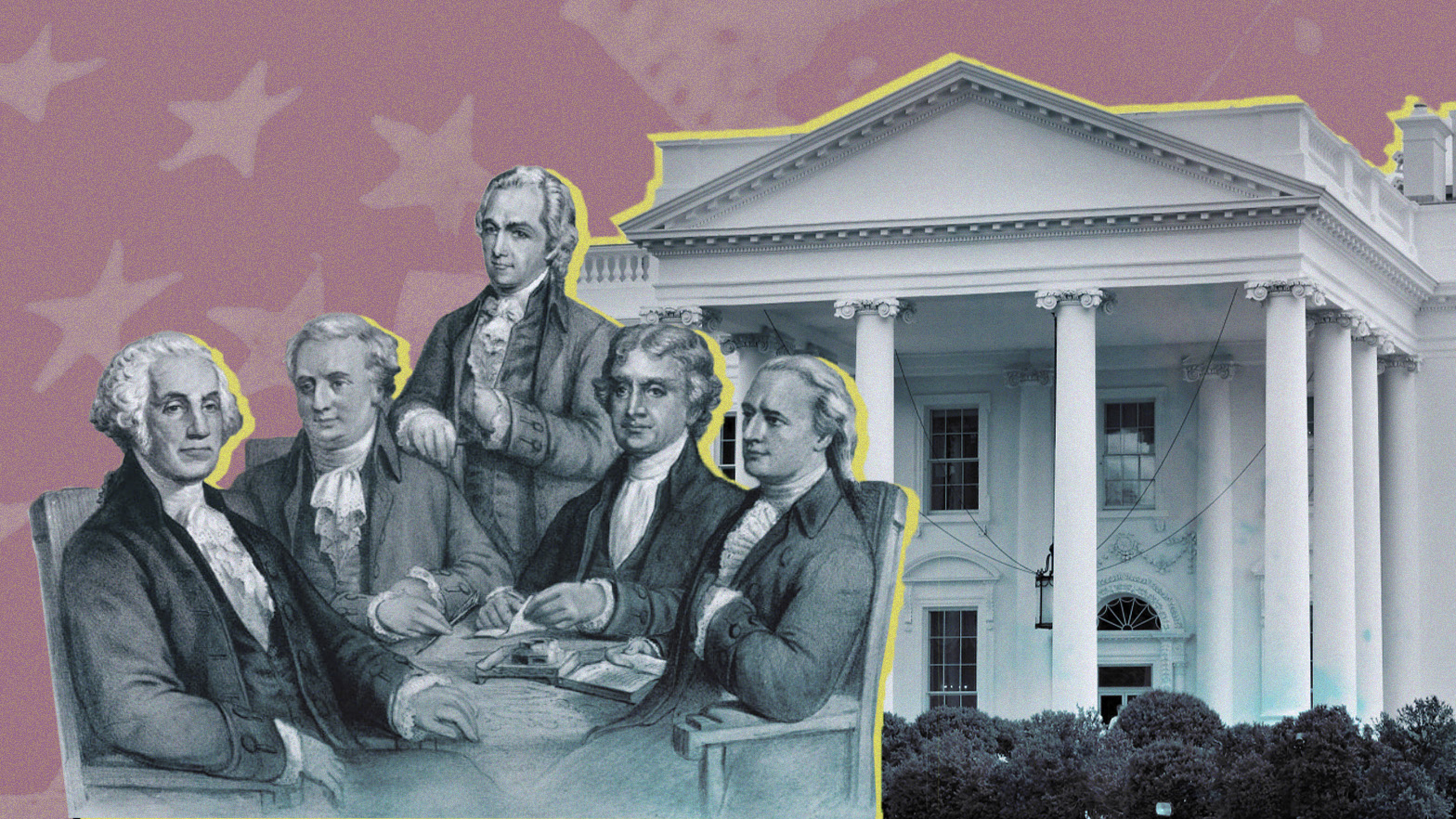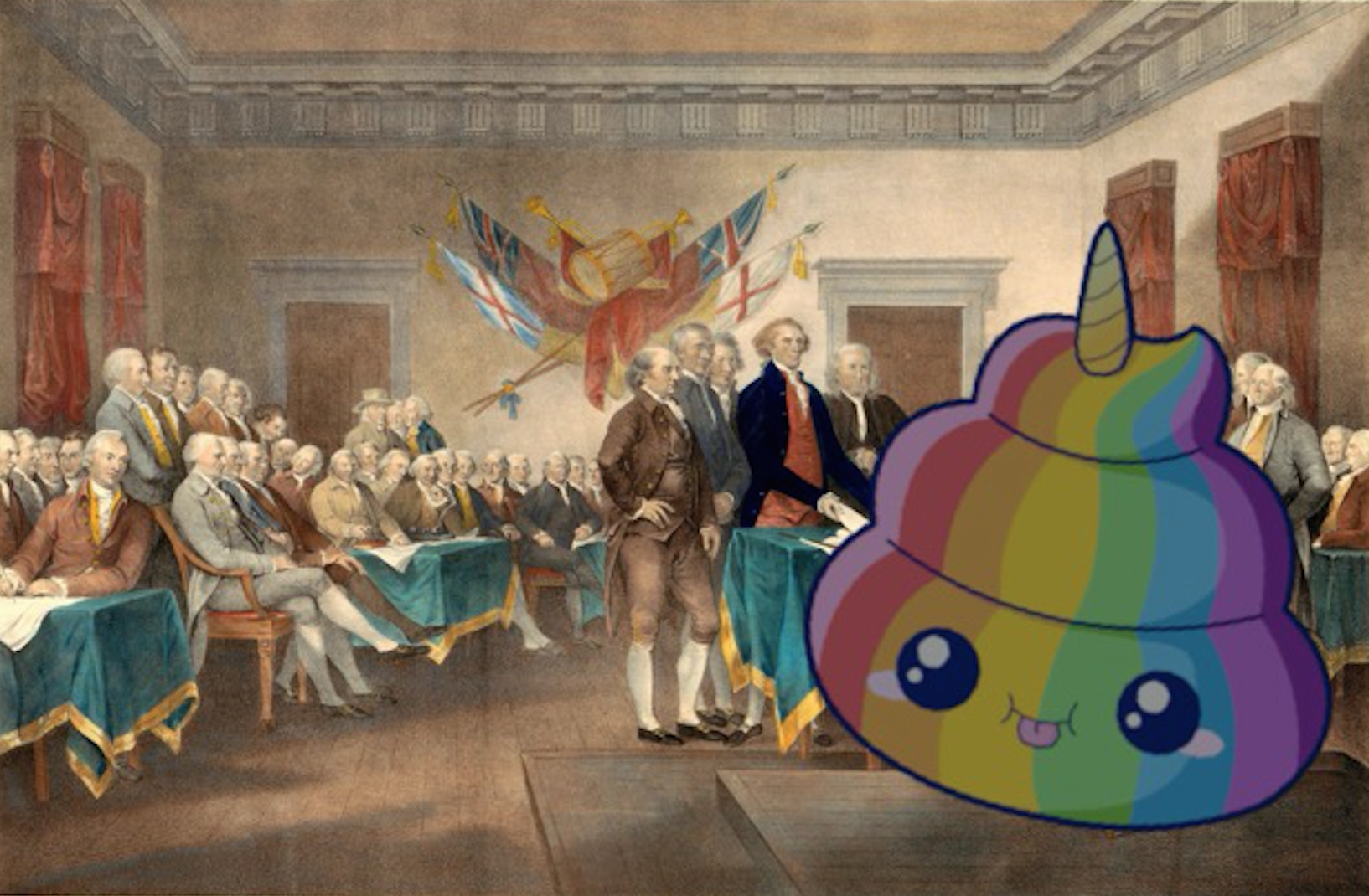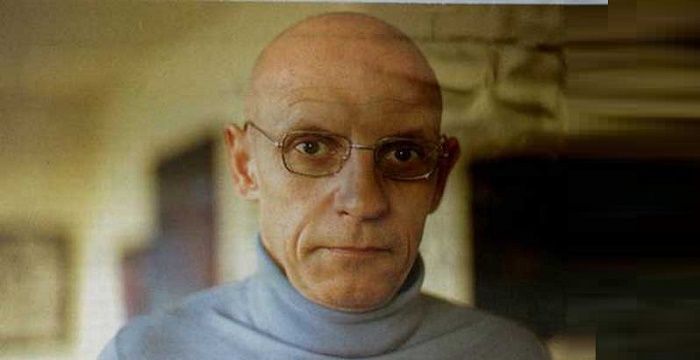The New Right renews Americanism.
Educating the Founders

Understanding the Enlightenment underpinnings to the Constitution is crucial to understanding America.
The editors at “The Federalist” gave an article of mine the delightful title “Here’s Your Quick Guide To The American Founders’ Mentors.” In that article, I outlined briefly what I most wanted you to know from my book Common Sense Nation: Unlocking the Forgotten Power of the American Idea. The article begins like this:
At the age of sixteen, Thomas Jefferson, James Madison, and Alexander Hamilton were all being schooled by Scots who had been educated in Scotland before coming to America…Jefferson was the architect of the Declaration of Independence, Madison was the architect of the Constitution, and Hamilton was the architect of The Federalist Papers. If we want to understand their thinking, we need to start with the fact that the Scottish Enlightenment provided their teachers.
Those teachers and the ideas of the Scottish Enlightenment had a decisive influence on the Declaration, the Constitution, and The Federalist Papers. It was from the thinkers of the Scottish Enlightenment that the Founders got the idea of unalienable rights and it was from them they learned to think in terms of self-evident truths.
The impact of the thinkers of the Scottish Enlightenment on the American Founding, once known to virtually every American, has been largely forgotten. The tragedy of that forgetting inspired me to write the book. You could think of my brief book as a not-quite-so-quick guide to the intellectual mentors of the American Founders. I made every effort to tell the whole story as briefly as possible, to provide you, as I wrote in the preface, “the maximum of understanding in the minimum of pages.”
This year has brought a major development in the important project of re-awakening Americans to the sources of the American idea: Professor Andrew Browning’s magnificent new book, Schools for Statesmen: The Divergent Educations of the Constitution’s Framers. It is an astonishing achievement. You could call it an in-depth guide to the Framers’ mentors—and to the impact of those mentors on the Constitution.
Professor Browning’s focus is narrower than mine. He keeps his focus on the Framers and the Constitutional Convention. Instead of striving for brevity, he tells the story in remarkable detail. His 278 pages of close text and 45 pages of notes are brimming with information and brilliant observations explaining the miracle that occurred in 1787 in Philadelphia. Understanding how it came about will only increase your wonder at what was accomplished there.
Professor Browning’s thesis is straightforward. From the book jacket:
Schools for Statesmen explores the fifty-five individual Framers of the Constitution and argues that their different educations help explain their divergent positions at the 1787 Constitutional Convention…The more traditional schools that focused on Greek and Latin classics (Oxford, Harvard, Yale, William and Mary) were deeply conservative institutions resistant to change. But the Scottish colleges and the newer American schools (Princeton, Philadelphia, King’s College) introduced students to a Scottish Enlightenment curriculum that fostered more radical, forward-thinking leaders…Nearly all the delegates who took the lead at the convention had been educated at the newer, innovative colleges…
The American Revolution was to a very great extent the result of a revolution in education. The Scots—especially John Witherspoon, the President of Princeton, and James Madison’s mentor—transformed the content and the manner of higher education in America—and that transformation changed the world.
Witherspoon was the President of Princeton for twenty-five years. Every Princeton student took Witherspoon’s year-long course in moral philosophy twice, once in the junior year and again in the senior year. It featured the great thinkers of the Scottish Enlightenment, including Francis Hutcheson, Thomas Reid, and Adam Smith. It has been called the most influential college course in American history.
The Founders got the idea of unalienable rights from Francis Hutcheson. From Thomas Reid, the father of common sense realism, they learned to think in terms of self-evident truths. Those ideas shaped the Constitution fundamentally, of course. But Browning gives you the details of the creation. He traces critical elements of the Constitution’s design through the Framers’ mentors and back to the thinkers of the Scottish Enlightenment.
This understanding is important because the American system, once so robust, is now evidently breaking down around us. That breakdown is rooted in a counterrevolution in American education. Our political and educational elite have been taught to reject the American idea, and for much longer than many of us are ready to admit, young Americans have been taught in schools and colleges to reject America. We have one political party dedicated to getting rid of the Constitution as fast as they can, and an opposition party that does not seem to know how to defend the Constitution, much less restore it. Consequently, if we the people are going to rise to the challenge of getting America back on track, we must take it on ourselves to reclaim the American idea.
Clear and readable, Professor Browning’s book is a must for anyone writing on or teaching about the American founding, especially at an advanced level. Given the opportunity, it has the power to set in motion a revolution in American education not unlike the one which gave us the American Revolution. What was learned at the Founding and then forgotten can be taught again.
The American Mind presents a range of perspectives. Views are writers’ own and do not necessarily represent those of The Claremont Institute.
The American Mind is a publication of the Claremont Institute, a non-profit 501(c)(3) organization, dedicated to restoring the principles of the American Founding to their rightful, preeminent authority in our national life. Interested in supporting our work? Gifts to the Claremont Institute are tax-deductible.
Self-criticism, Progressivism, and post-modernism.
The fate of conservatism in an age of illegitimacy



